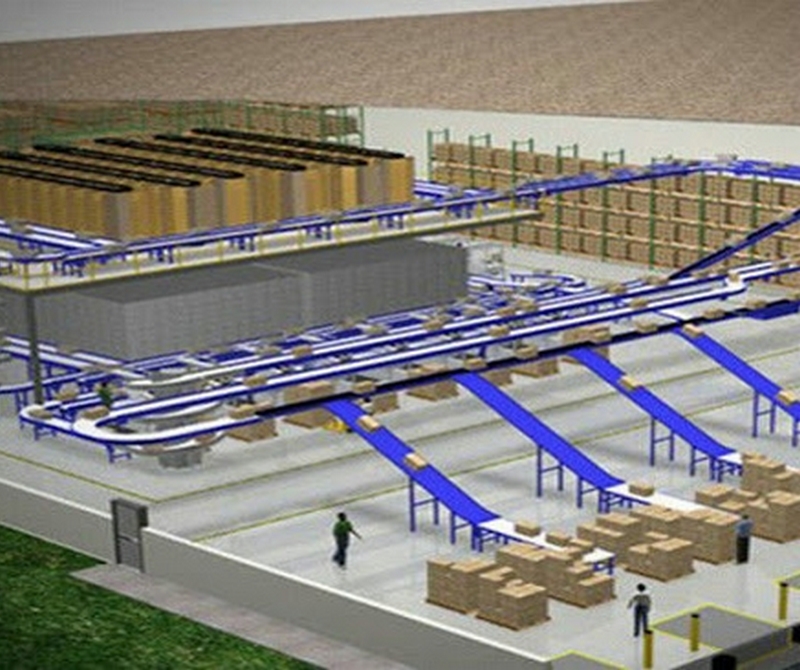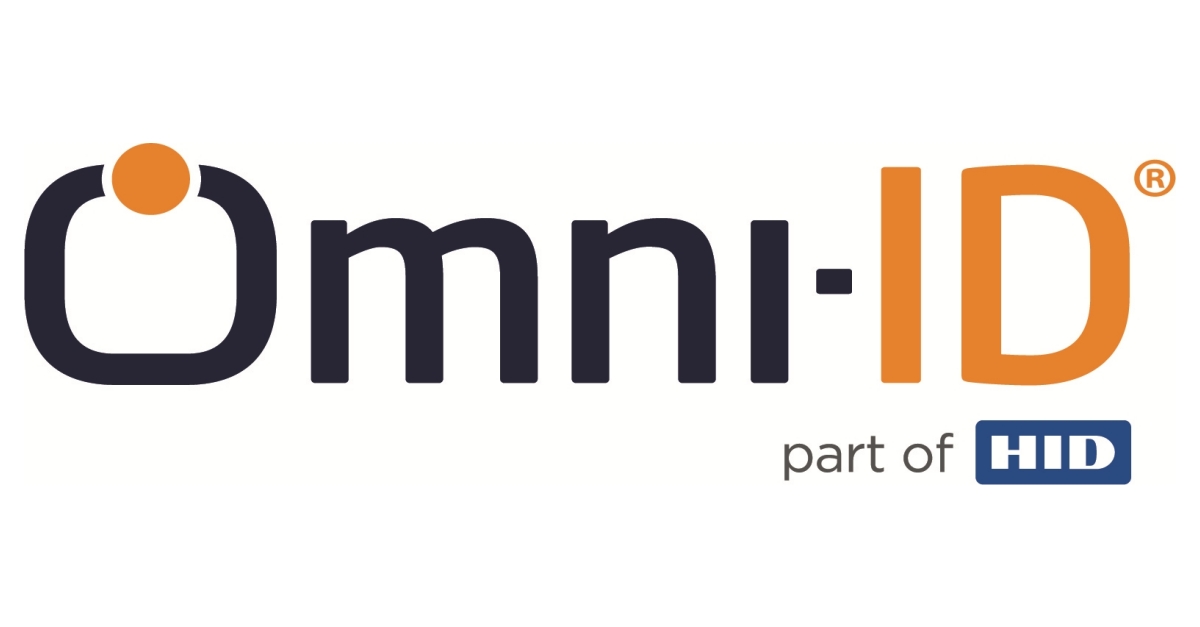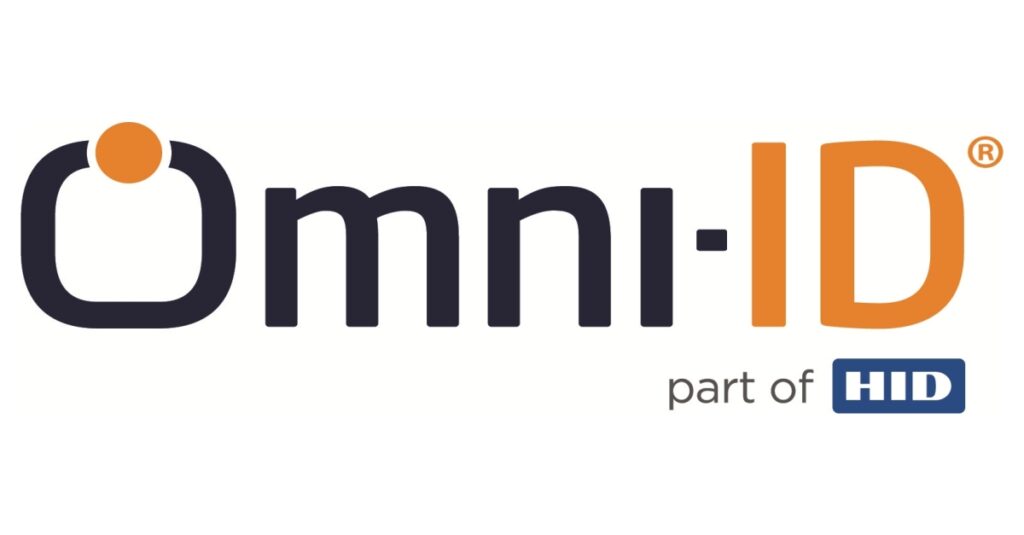
Mark Timms, CEO of MobiZcan, Impinj’s representative for Latin America and Brazil.
Although focused primarily on the Latin America RAIN RFID and data capture market, I also follow what is happening in RAIN RFID in the North America region. I would like to share my observations on the RAIN RFID space in the United States during this period of uncertainty brought about by the coronavirus.
Like Latin America, many projects have been delayed due to extensive social distancing and economic uncertainty. The general belief is that the American economy will spring back to pre-COVID levels, but it is likely to take two years or more. There is a debate as to whether the recovery will be more “U” or “W” shaped. A “V” shaped recovery is looking increasingly unlikely.
It is also likely that post-COVID, some business models will not look exactly the same as before. With the widespread usage of video conferencing and on-line collaboration there may not be the need to travel as much. With the closure of so many retail stores and the growth of e-commerce, the retail sector, already in transformation, has been forced to accelerate its re-invention. Some experts believe that the large department stores that anchor shopping centers will not survive, at least not in their present form. Other retailers, especially those without a strong e-commerce presence, may go out of business.
Digital transformation is now hot, and although the effects won’t be immediate, I expect RAIN RFID to play a significant role. Many retailers, leading with fashion, had justified item level tagging prior to COVID-19. Omni-channel sales require very high real-time visibility, which only item-level RAIN RFID tagging can provide.

The big retail winners in the day of COVID are the large and efficient online retailers, most notably Amazon, and large retailers with groceries and home goods and a strong online presence, especially Walmart and Target. Amazon’s business accelerated so much that it has struggled to deliver on time. Walmart has seen both strong performance in its stores and with its e-commerce site, often using its stores as omni-channel distribution centers. Having earlier announced wide-spread item tagging beginning in the second half of 2020, the COVID crisis hasn’t impacted Walmart’s RFID roll-out plans for this year. The product mixes have changed somewhat since the Coronavirus arrived, but demand for these fortunate retailers remains strong.
Interest in logistics for RAIN RFID is robust and in some cases has accelerated. There are several very significant RAIN projects in logistics that will become visible this year or next, which will help to further fuel investment in this area. Several projects at very well-known companies will become public, causing other companies in their eco-system to consider investing in RAIN infrastructure to reap similar benefits. Logistics applications are generally dock door transitions and shipment verification (pallet and box level) and conveyance sortation systems (box level). In addition to increasing visibility, RAIN RFID has proven to greatly reduce the manual interventions required with barcodes alone, thereby reducing errors and associated costs.
Healthcare, a potentially huge but slow-moving market for RAIN RFID, is showing interest in tagging of PPE products, which could help accelerate adoption of RFID with consumables in general.
There is much that we don’t know and is difficult to predict. Clearly there will be winners and losers. However it’s becoming clear that at least in some segments, the COVID crisis may actually accelerate RAIN RFID adoption, most notably in e-commerce, omni-channel and logistics.



